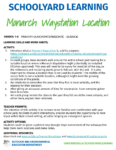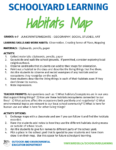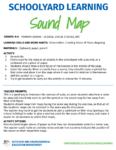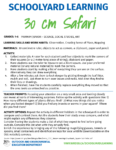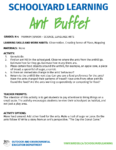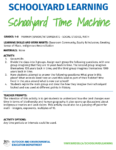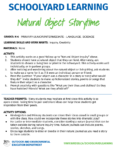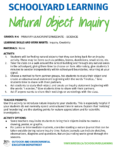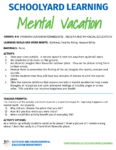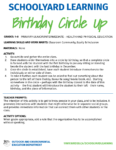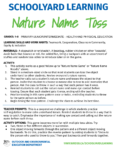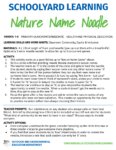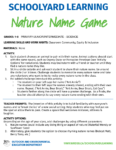Why is a Code of Ethics necessary?
In this time of social distancing, respect for ourselves, each other and our community is very important. Regardless of our level of interest in natural history, we need to make every effort to act in a positive and responsible way to protect each other, other living things and their habitat.
*Monarch butterflies are a species at risk in Canada and harming them and/or their habitat is a criminal offence under Canadian law. For this reason, we ask that no one handle Monarchs at any life stage or damage Milkweed at any time.
- Be considerate of others. Respect social distancing if you go beyond your home, and stay at least two metres apart.
- Be considerate of all living things and their needs including space, food, water and shelter. Always assume that an animal is sensitive to your presence, and please do not deliberately scare animals of any kind.
- Be considerate of wildlife habitat We should not trample or damage wildlife homes. This includes respecting the host plants that species like Monarchs require for reproduction.
- Respect the rights of landowners. If you go beyond your home, be aware that all parks and recreation areas have restrictions around use (what you can do there and when). The use of trails and natural areas is permitted, but please check restrictions on use before heading out.
- Try not to disrupt others’ activities. Many other people enjoy the outdoors, so try not to interfere with their activities.
- Be responsible with your tools. If you are using binoculars, hand lenses, traps, nets or feeders please be polite while using them and always clean-up and/or put away your tools so as not to litter or pollute our environment. Your exemplary behavior will generate goodwill with birders and non-birders alike.
Going further, please think about how we all can respect and promote Monarchs and their host plant – Milkweed. Support the conservation of other invertebrates and their habitats. Engage in and promote Monarch friendly practices whenever possible, such as starting a pollinator garden. Act to prevent needless killing of invertebrates, maintain safe feeding stations, landscape with native plants, drink shade-grown coffee, and advocate for conservation policies. Be mindful of any negative environmental impacts of your activities, including contributing to climate change. Reduce or offset such impacts as much as you are able.
Thank you!
Sincerely,
The Outdoor and Environmental Education Team.
